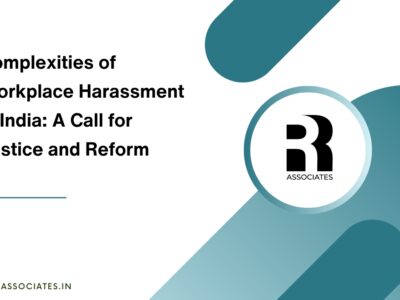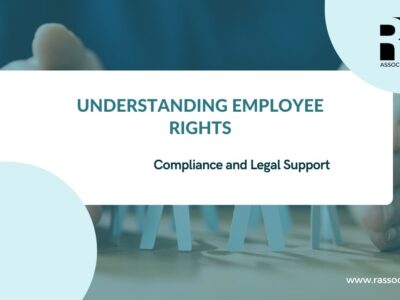Sexual harassment in the workplace continues to be a significant issue in India, impeding gender equality and violating the basic human rights of employees. While the government has made considerable strides in employment law to address this issue, the efficacy of these measures often hinges on the execution, particularly the role of inquiry committees.
India introduced the Sexual Harassment of Women at Workplace (Prevention, Prohibition, and Redressal) Act in 2013 to address workplace harassment. The law mandates the establishment of Internal Complaints Committees (ICCs) in organizations, making it mandatory for employers to provide a safe working environment for women. This committee is required to be created at each branch or office of the company employing 10 or more employees. Despite this, incidents of workplace harassment continue to grow and be reported.
Establishing effective inquiry committees for workplace sexual harassment is crucial as they ensure prompt, fair and thorough investigations. These committees protect employees’ rights, deter future incidents and restore trust while fulfilling legal obligations.





